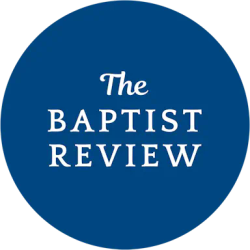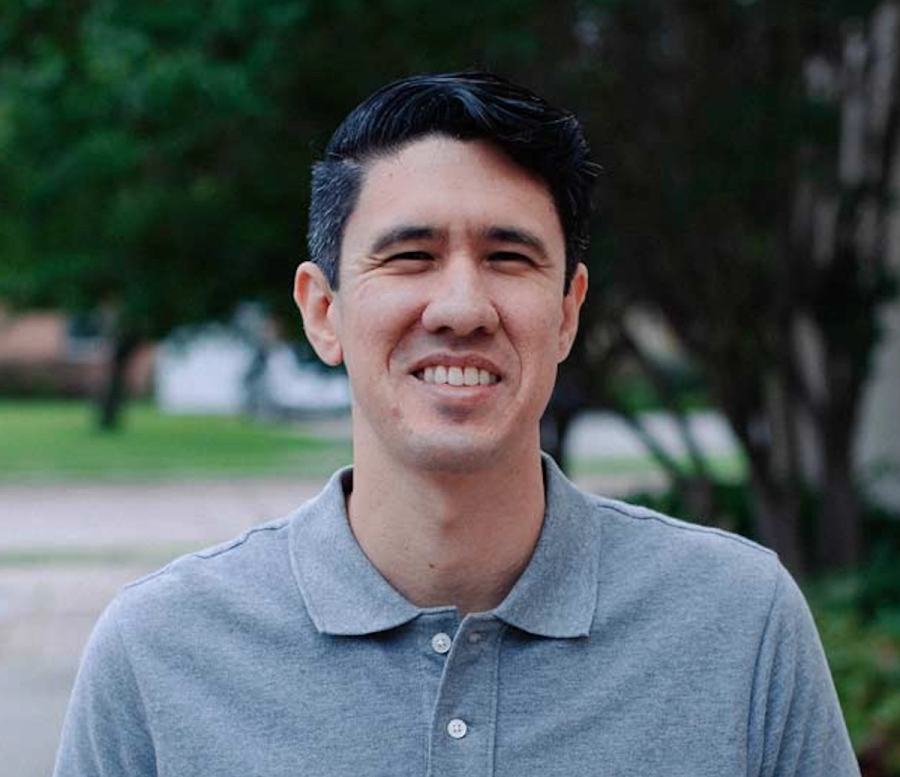Several years ago a friend introduced me to the life of the late Francis Schaeffer, and a particular season in his life has stuck with me ever since-- a point in his ministry when he had a “crisis of faith.” It wasn’t Schaeffer’s doubting of his faith that has stayed with me all these years, but rather the reason for it. You see, his own apprehensions were sparked by how vicious his Christian brothers and sisters were treating one another, primarily over areas of theological and ecclesiological disagreement.
Schaeffer had a front-row seat to not just disagreements, but slander, gossip, and, of course, the power plays among his fellow ministers. What he took notice of was that his friends had exerted more energy attacking fellow Christians than advancing the kingdom against unbelief. He just couldn't fathom how his friends, who claimed to be proclaimers of the gospel, could be so hard-lined about God’s love, grace, and peace, yet simultaneously be so barbarous and grisly to fellow image bearers.
Why do I offer that particular glimpse into the life of Francis Shaeffer? To learn from his mistakes. He found the role he played in his own tribe's theological movement to be too damaging to the gospel. In turn, he felt he’d had a hand in making his denomination unhealthy, even to the point that he even grew concerned that he himself had become cold and doctrinaire.
We cannot behave in a way where sin becomes normal and righteousness seems strange.
In the complex tapestry of denominational health, there is always a significant role to be played by church leaders, specifically younger leaders. In fact, I would argue it is becoming increasingly pivotal. If we are going to navigate the intricacies of faith, doctrine, and tradition, not to mention all of today’s postmodern challenges, we cannot behave in a way where sin becomes normal and righteousness seems strange.
I once heard Pastor Eric Mason say, “Proximity breeds empathy, and distance breeds suspicion.” So give this a shot: try to take notice of the folks that you break bread with, engage with, and pray with. Ask yourself if you are primarily surrounding yourself with people who are often in agreement with you, or if you are in hospitable proximity to others who have differing perspectives on secondary or even tertiary issues.
Should we not strive for what the apostle Paul often emphasized, the unity among believers and the importance of treating others with respect and dignity?
Let me be clear: I am all for theological precision. By all means, you should stand by your convictions. But if we are going to aim for any type of denominational health that leads to kingdom building, should we not strive for what the apostle Paul often emphasized, the unity among believers and the importance of treating others with respect and dignity? For instance, in Ephesians 4:2-3 (CSB), he writes to the church, "with all humility and gentleness, with patience, accepting one another in love, diligently keeping the unity of the Spirit with the peace that binds us.”
At times, I’ve heard “unity among believers” referred to as an elusive dream. I understand the sentiment, but I do not believe that elusiveness should deter any of us from trying to catch even just a glimmer of it.
What I’m not implying is that unity within the local church is synonymous with unity within the denomination. My point is simply that effective cooperation requires us to move beyond echo chambers and start building bridges. And I believe no one should be better at building bridges than the fresh faces on the scene. We don’t have the generational baggage from the skirmishes that preceded us, nor did we have a dog in those fights. We are here and now in the present, and with that in mind, I’d like to offer some pathways that I’ve seen help move things toward denominational health, at least here in Texas.
A few years ago, some fellow pastors and myself assessed that there were too many subgroups on the fringes with great distance between them. We felt we could create a space that could foster meaningful relationships within our own state convention. Over time, that space became known as The Pastor’s Common. So, I’d like to offer up some advice that I’ve learned along the way.
1. Cultivate meaningful relationships
The motivation for a meaningful relationship should not be to change a person's convictions. If you go down that path, you’ll see them as a project instead of a person with real thoughts, emotions, and stories. Instead, respect them as a peer and not as an object to be manipulated.
2. People watch what you do before they listen to what you say
Others will like you, want to break bread with you, and learn from you based on the character that you exude far more than what you say or how eloquently you say it. This applies equally to ministry and every other facet of life.
3. Respect others’ theological convictions
When talking about theology, ask more questions and do less preaching. Be hopeful that comparing your theological convictions with another person may spark a realization for them without you presenting yourself as more enlightened or correct. Be confident in a way that leads to discussion, humility, and curiosity. A hard truth that I had to learn is that it’s possible to be right, but right in the wrong way.
3. Love your enemies
People are complicated, so cooperating is complicated. If you lump fellow pastors or ministers into reductive categories–conservative vs. liberal or complementarian vs. egalitarian–you are not only being judgmental, but you are likely not seeing them as Jesus sees them.
4. Take off the ego, put on humility
I’ve always felt that one's ego was actually just “makeup” for insecurity. Anytime we elevate our own ego, we are stepping into dangerous territory. It’s as if we’re staring at ourselves, full of justification, refusing to humble ourselves–and before long, we're drowning in our own ego.
I say all of this with a hopeful spirit and also with great trepidation, because history has shown that it is hard to cooperate. But to quote a close mentor of mine, Steve Bezner, “I, for one, hope we will choose once again to cooperate.”
Editor's Note: As a part of its commitment to fostering conversation within the Southern Baptist Convention, the Baptist Review may publish editorials that espouse viewpoints that are not necessarily shared by the TBR team or other contributors. We welcome submissions for responses and rebuttals to any editorials as we seek to host meaningful conversations about the present and future of our convention.


